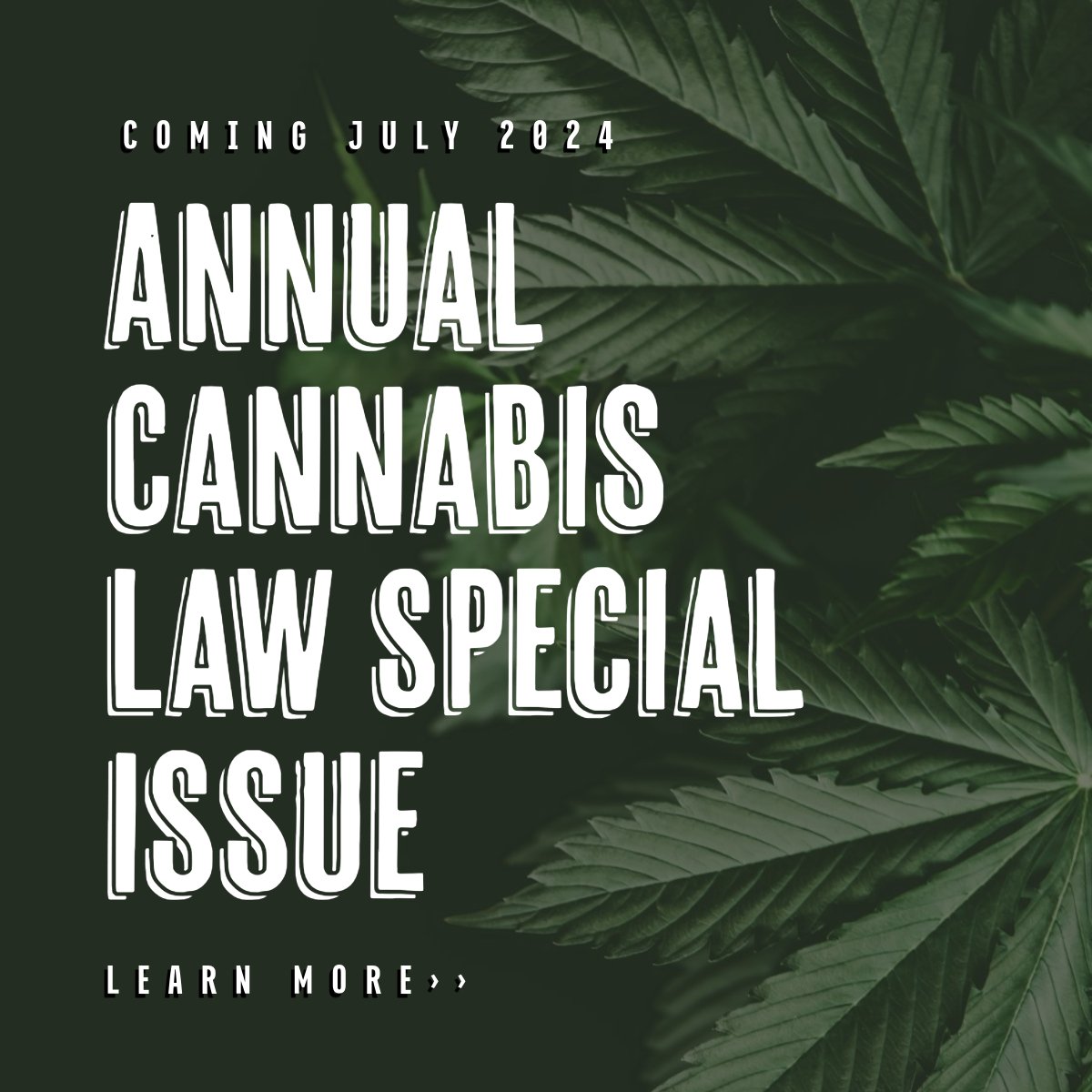Several New York State and New York City workplace laws have recently been enacted or will take effect in 2020.
Tips and Wages
The laws on minimum wage and salary thresholds will increases in New York City (“NYC”) effective December 31, 2019.
In New York City, employers with 10 employees or less will see the minimum wage increase to $15.00 per hour. This equals the minimum wage for employees who work for large NYC employers (those with 11+ employees). The minimum wage will increase to $13.00 per hour for workers in Long Island and Westchester, and $11.80 per hour for workers in the rest of New York State.
In addition, the New York state salary level thresholds for exempt administrative and executive employees will increase proportionately. And in light of a final rule issued by the U.S. Department of Labor on September 24, 2019, effective the first of the year, the “standard salary level” for “white collar” exemptions will increase from $455 per week to $684 per week.
Those individuals working in fast food establishments, who are subject to a higher minimum wage, will also see a pay increase to $13.75 per hour if they work outside of New York City. The minimum wage for fast food workers in New York City will stay put at $15.00 per hour.
On December 31, 2019, hospitality employers with service employees or food service workers will have to provide an increase in the tip credit that can be taken against an employee’s minimum hourly wage subject to certain factors.
There will also be adjustments to state family leave benefits (January 1, 2020), and a salary inquiry prohibition (January 6, 2020), which is discussed below.
Other Compensation-Related Laws
Effective January 6, 2020, New York employers will be prohibited from asking about or relying upon an applicant or employee’s compensation history when making employment decisions. This state ban on compensation history will prohibit employers from the following:
- Using compensation history to decide whether to offer employment to, or the compensation of, a job applicant;
- Seeking, requesting, or requiring compensation history: as a condition of being interviewed, a condition of continuing to be considered for an offer of employment, or as a condition of employment or promotion; from an applicant’s current or former employer, an employee, or an agent or a current employee’s employer; or
- Refusing to interview, hire, promote, otherwise employ, or otherwise retaliate against an applicant or current employee: based on their wage or compensatory history; because they failed to give their compensatory history; or because they filed an administrative complaint alleging a violation of the law, with limited exceptions, such as when compensation history is disclosed both “voluntarily” and “without prompting.”
Frequency of Pay
Employers must also comply with NYLL §191’s frequency of pay requirements. The New York Appellate Division recently upheld in Vega v. CM & Assocs. Constr. Mgmt., the notion that an employee who’s paid wages in full but late can maintain a private right of action against their employer.
The decision recognizes the availability of liquidated damages equal to the full amount of any untimely payment of wages. As a result, any repeated failure to timely pay wages could result in significant liability.
Harassment and Discrimination
There are also several amendments to the state’s harassment laws, as well as broader anti-discrimination protections.
Effective October 11, 2019, harassment claims under the New York State Human Rights Law (NYSHRL) are subject to a lower evidentiary standard, which will create an easier hurdle for plaintiff’s in actions alleging unlawful harassment. The harassment does not need to be severe or pervasive to be against the law. Now an employee or applicant must only show that the behavior or conduct by the employer “subjects an individual to inferior terms conditions or privileges of employment because of the individual’s membership in one or more of these protected categories.”
The law goes on to state that “[I]t shall be an affirmative defense to liability under this subdivision that the harassing conduct does not rise above the level of what a reasonable victim of discrimination with the same protected characteristic would consider petty slights or trivial inconveniences.”
The language is similar to the liberal standards under the New York City Human Rights Law (NYCHRL).
The NYC Human Rights Law also now prohibits retaliation for reasonable accommodation requests. The law also restricts employers from accessing employees’ personal information concerning reproductive health choices.
Also, effective October 11, 2019, employers are required to provide employees—both at the time of hiring and at every annual sexual harassment prevention training —with a notice containing the employer’s anti-sexual harassment policy and the information presented at the training, in writing in English and in the employee’s primary language, provided the state has published a model in that language.
Non-Disclosure Agreements
Also, as of October 11, 2019, employers cannot add a confidentiality term in any agreement that resolves a discrimination claim—unless a three-part process is followed. The complainant must be: (i) given 21 days to decide whether to agree to confidentiality; (ii) allowed to express a preference for confidentiality in an agreement; and (iii) provided seven days to revoke the agreement. The same limitations that previously applied only to sexual harassment claims now apply to all discrimination claims.
More Protections for ‘Gig’ Workers
Effective October 11, 2019, “non-employees” can pursue discrimination actions under the NYSHRL. Protected non-employees include independent contractors, “gig” workers, temporary employees, and others.
Amendments to the NYCHRL effective January 11, 2020 will allow gig workers in New York City to statutorily secure new express protections against unlawful discrimination.
Paid Voting Leave
A recent change to New York state’s election law now entitles state employees who are registered voters to enjoy up to three hours of paid time off as needed to vote in any election.
Employees asking for time off to vote must be give time at the start or end of a workday, at the employer’s election. Employees must also inform their employer of their need not less than two working days prior to the election.











